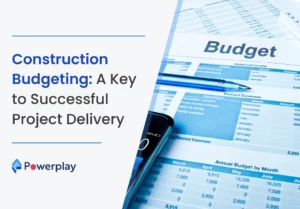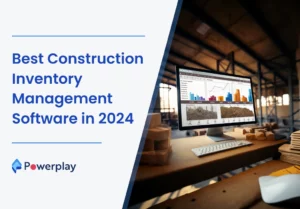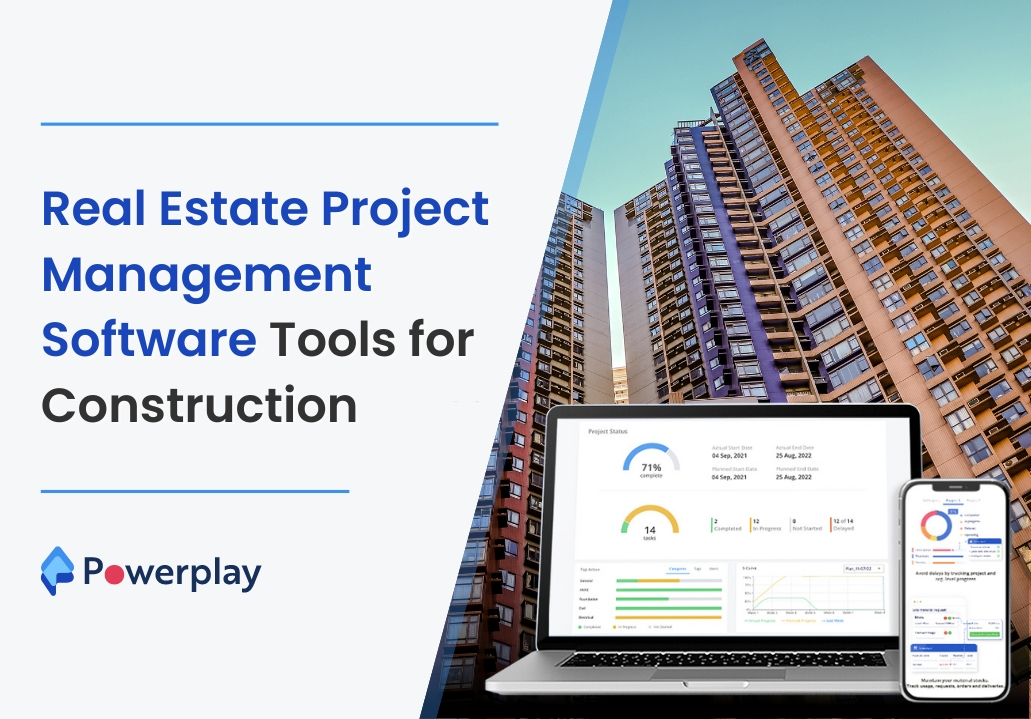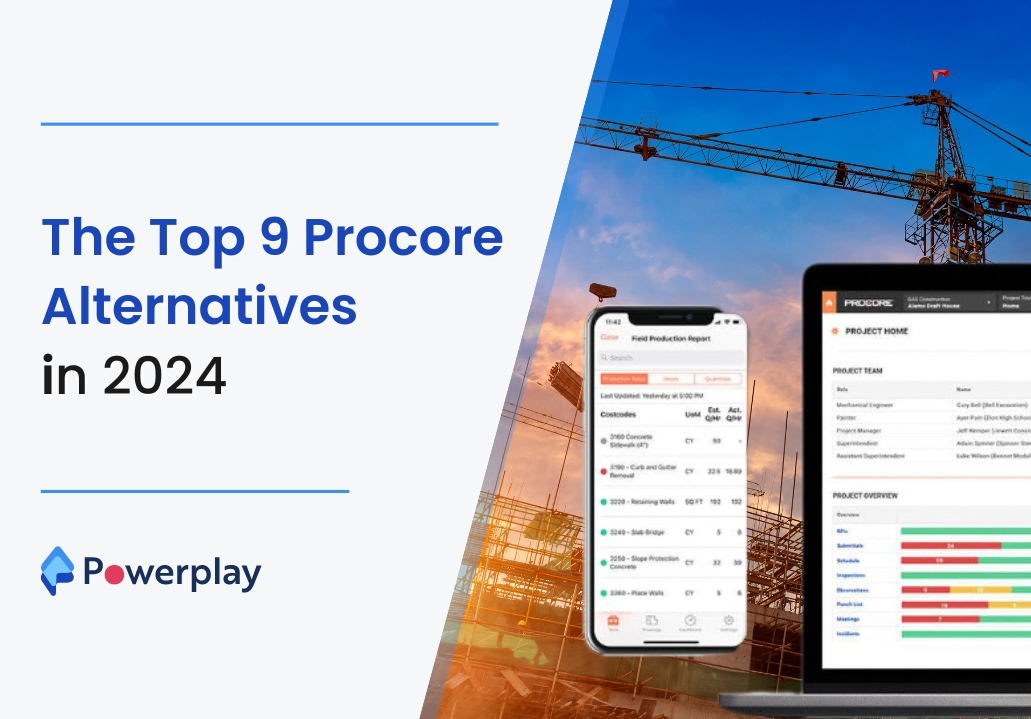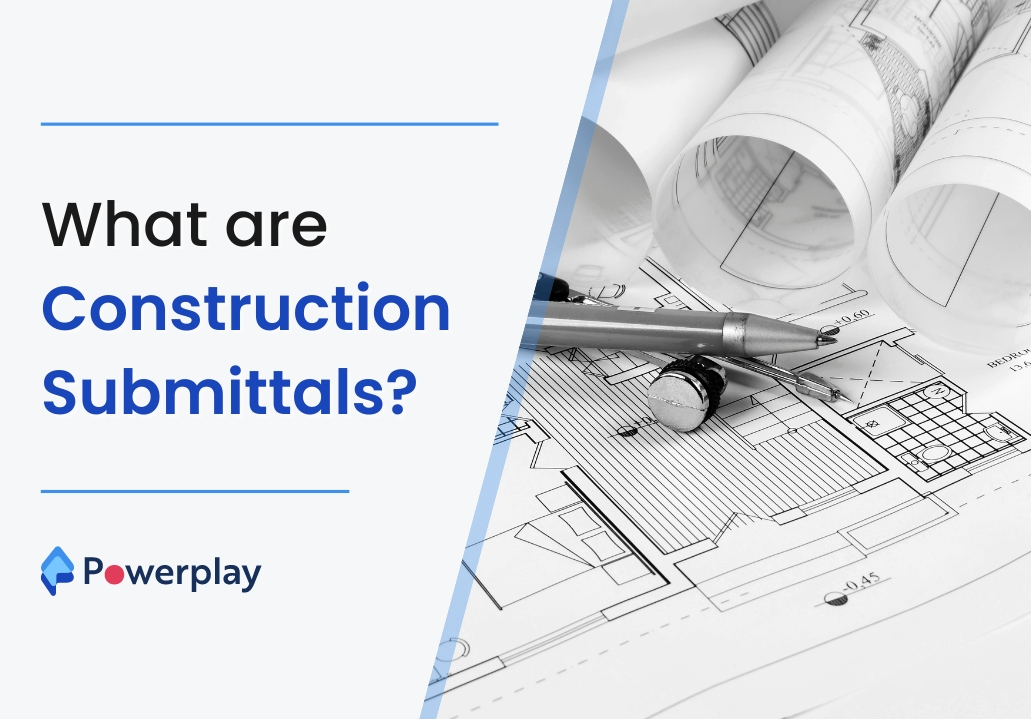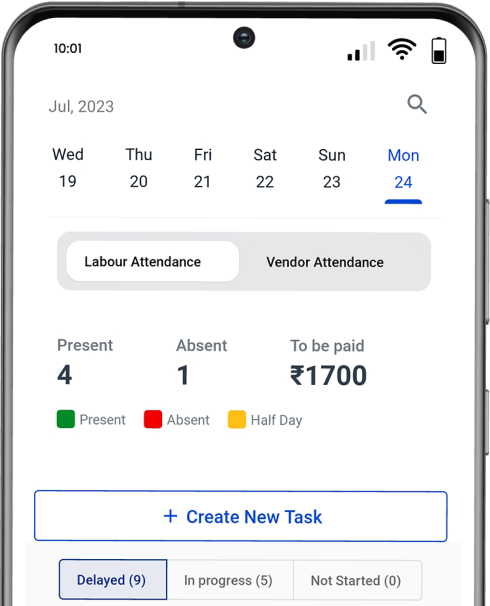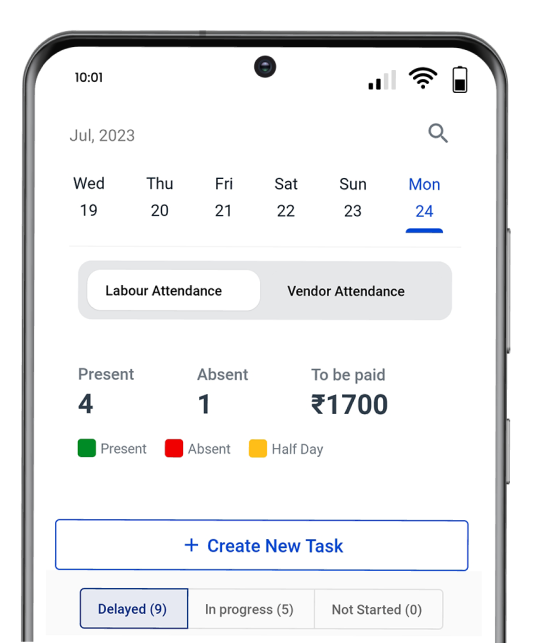What are Construction Billing Procedures?
-
Kumar Abhishek Anand
- October 23, 2023

A bill or invoice is a typical payment document or more specifically a billed list of items that are submitted or sent by a contractor or a subcontractor to the client to receive payment as discussed before for the work which they have completed. Invoices are prepared to make it obligatory for the owners to pay for the services which they have used and on time. It is a written record of the purchase agreement between the client and the contractor that ensures cash flow for the contractor.
Typically construction contracts include the date of invoicing, name and business addresses of both the parties, description of supplies and services, price rates for these supplies and services and the terms of payment. This list of content for an invoice document can be modified to suit the needs of any construction project.
3 Types of Construction Billing Procedures
The billing procedure is one of the central processes involved in a construction project that regulates the project progress and is under the supervision of all managing stakeholders. Every procedure has its own set of pros and cons associated with either the client or the contractor.
A certain billing procedure may be risky for the client and helpful for the contractor, or vice versa. Therefore, a billing procedure is selected based on different parameters, such as project duration, stakeholders’ participation and involvement. Billing in the construction industry is generally performed via three commonly used methods that are:
Type #1 – Advanced Billing in Construction Projects
As the name implies, this type of billing is processed and payment is completed before the start of a project. The payment is usually made in the form of an individual lump sum amount and not in several instalments. As the payment is finalized before a project begins and is usually made in the form of a lump sum amount, firstly the clients in charge of the project are at risk here.
This billing method should only be adopted when the parties or contractors responsible for the project operations can completely be trusted. Secondly, the contractors involved in completing the construction project can also be at a lot of risk as the construction project may run over budget. This excess expense, which had certainly not been accounted for in the initial contract may force the contractors to work for free for some parts of the project.
Therefore, an advanced billing procedure is suitable for clients and contractors, who have worked together for a long time on several projects in the past where the projects were on time and within the estimated budget and which has subsequently led to a trustworthy relationship. This billing method can also be adopted for smaller projects with short durations of time.
Type #2 – Arrears Billing in Construction Projects
Unlike advanced billing procedures in construction projects, arrears billing is made at the end of project completion. Payment here also is made in the form of a lump sum amount after the final structure has been approved and signed by all stakeholders. In this type of billing procedure, the contractor is mainly at risk from all payment-related aspects of the construction project because in any type of construction project the cost of the project operations is mostly floating or regular.
Throughout the project duration, all the payments related to materials and labor have to be done by the contractor in arrears billing payment procedure and wait until the completion of the project, hoping that the clients will pay in full and on time. And as far as the construction industry is concerned, payments usually take weeks or even months to get processed at the contractor’s end.
In case of a fallout between the two parties due to product quality issues or other regulatory issues, the payment will remain due for an unknown period of time due to subsequent legal proceedings. This type of billing procedure is usually adopted by contractors when they need to build a trustworthy relationship with a certain client and have enough stocks in trade. These billing procedures are also suited for smaller construction projects of short duration.
Type #3 – Progress Billing in Construction Projects
Progress billing for construction projects involves invoicing at certain stages of the project progress or incrementally through the project duration. The progress billing procedure is much more intricate than the advanced billing procedure and the arrears billing procedure.
There are several invoices prepared in this type of billing procedure throughout the project duration, based on the current status project or certain milestones achieved. These milestones have already been predecided during the initial planning and designing stage of the construction project.
Progress billing procedures can only be adopted when both the contractor and the clients agree upon certain terms and conditions before the project is initiated, and these terms are beyond the basic project details such as date of operations and billing, progress status, etc. One of these terms is the payment schedule which outlines the information related to invoice submission and payment brackets, and is an indispensable part of a project contract. The payment schedule term has to be agreed upon by both parties before the project gets going.
This type of billing process does not exhaust the reserve funds owned by contractors and allows them to top-up their pockets and keep them financially sound. Contractors only need to pay for materials and laborers for a short period of time as they get paid in regular intervals as the project progresses and thus, is quite beneficial. This type of billing procedure is not only beneficial for the contractors but also positive for the clients.
The contractors are not burdened with financial ramifications and are more motivated to accomplish the project operation on or before time as per the prescribed specifications. This billing procedure acts as a powerful financial incentive for the contractors to work more diligently. In the current construction industry era, progress payments are preferred for almost all construction project types and are best suited for any large or lengthy construction project.
The Indian construction industry is growing rapidly but there is a need for a robust construction project management system to oversee and regulate the construction processes in a much more sorted and organized manner. Powerplay is India’s first construction project management software where you can keep track of all your construction sites’ proceedings and post updates related to them. Create all types of construction reports from inventory management to DPRs, in no time, and to top it all, the in-app chat feature and update feed lets you in on recent developments in real-time.
Be Smart and Fast with Powerplay.
Share
Kumar is a digital content professional with more than 2 years of experience in Blog writing, copywriting and scripting. His passion lies in the art of creating convincing content that plays a major role in converting leads for SAAS businesses.
